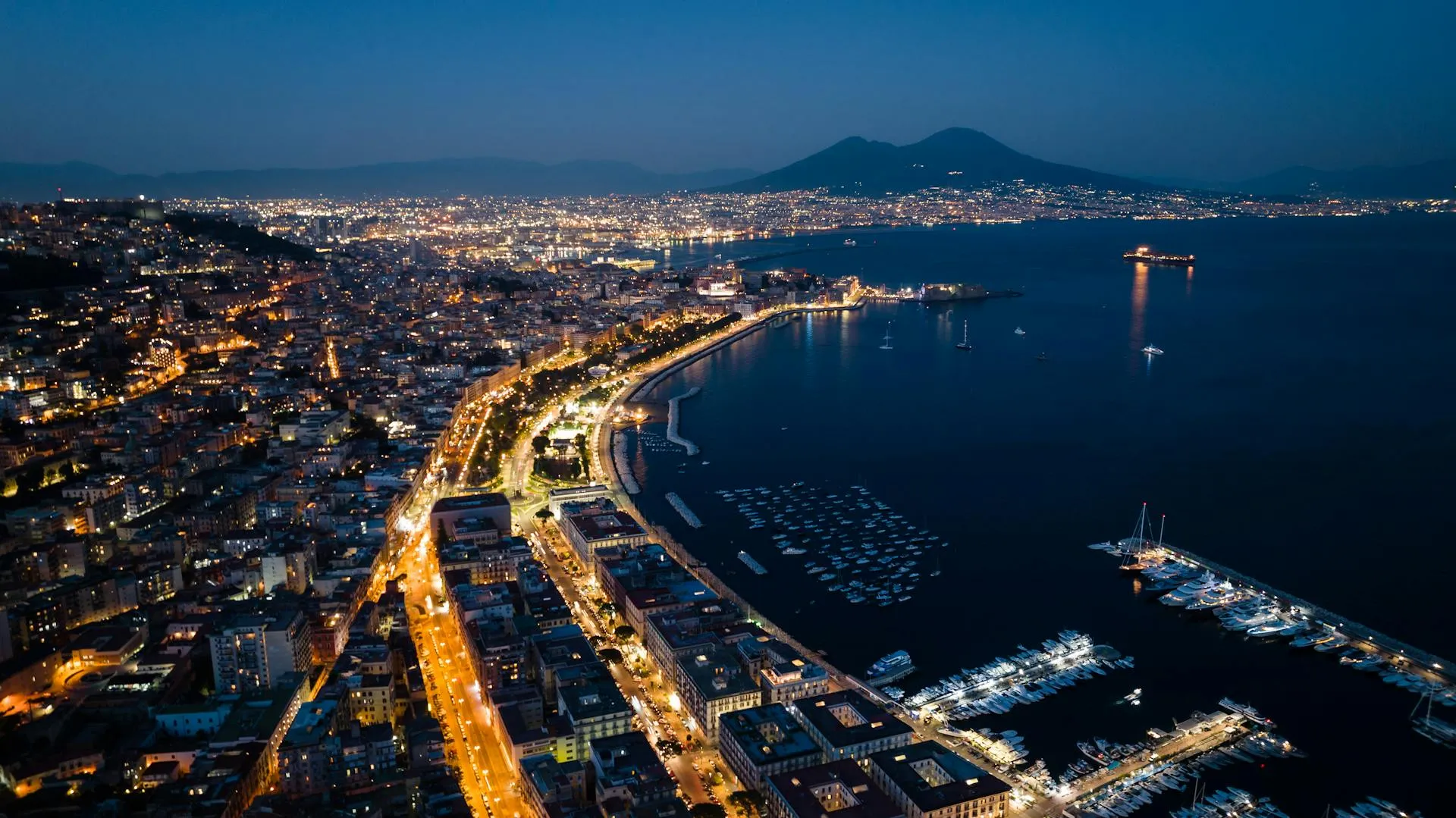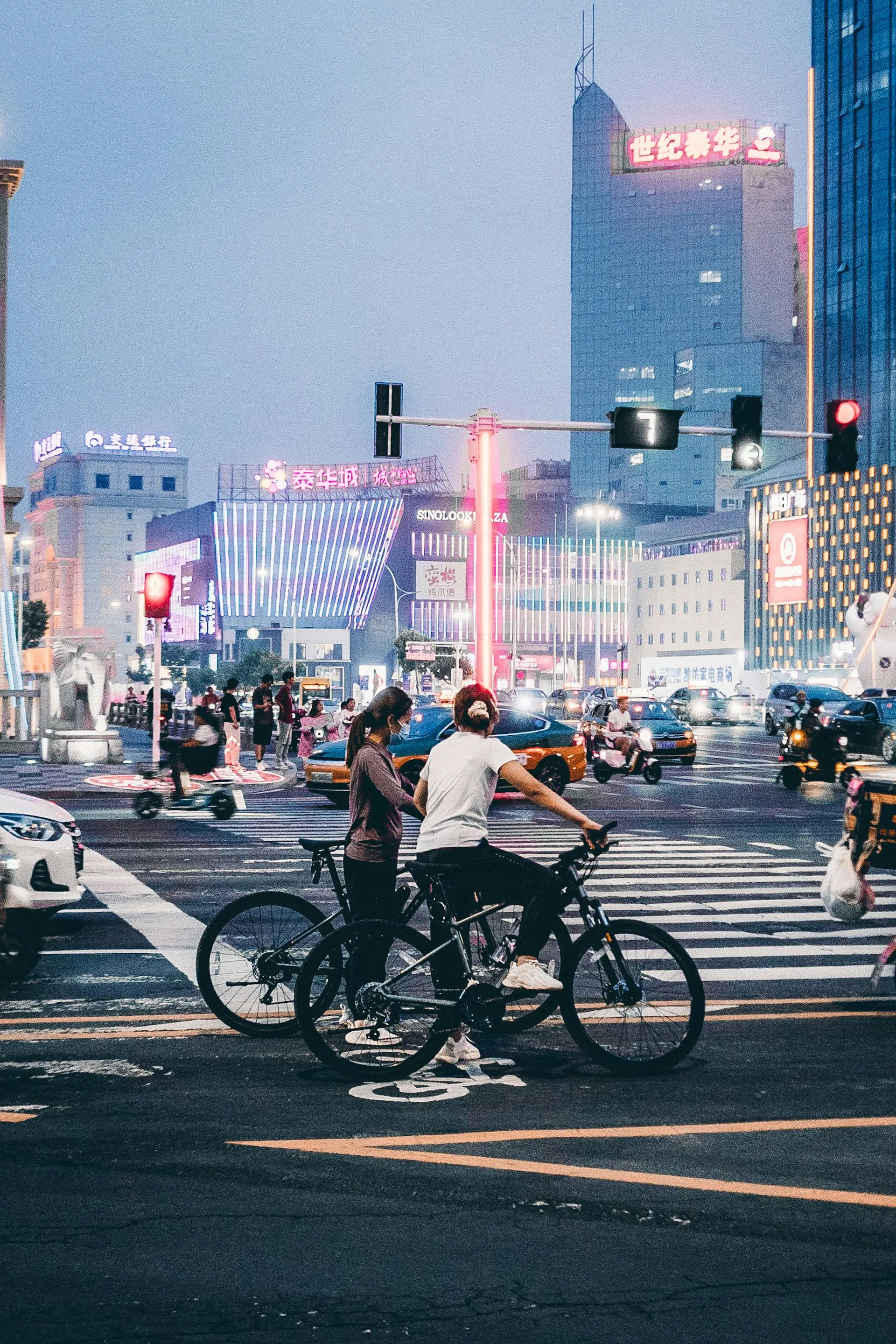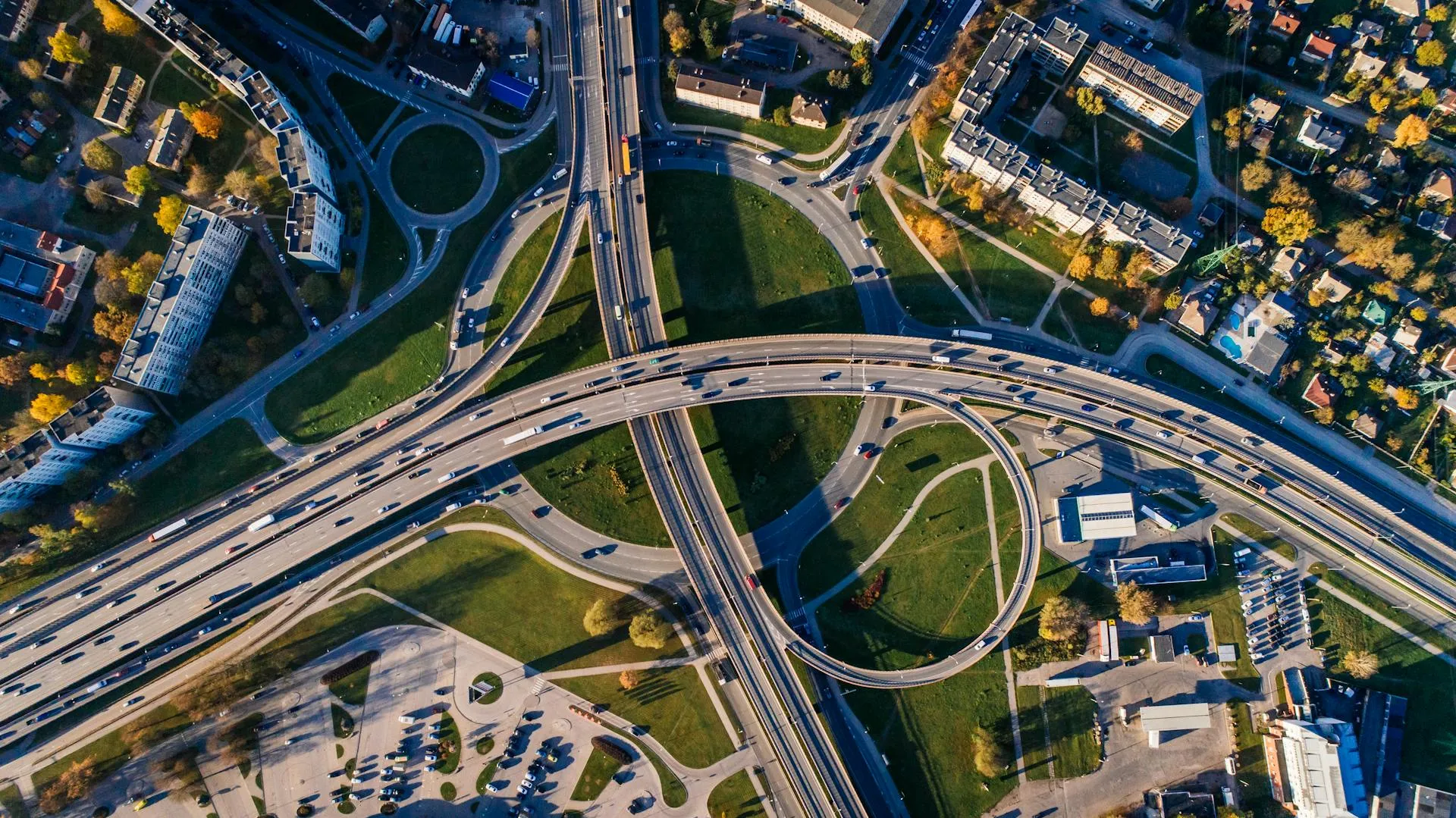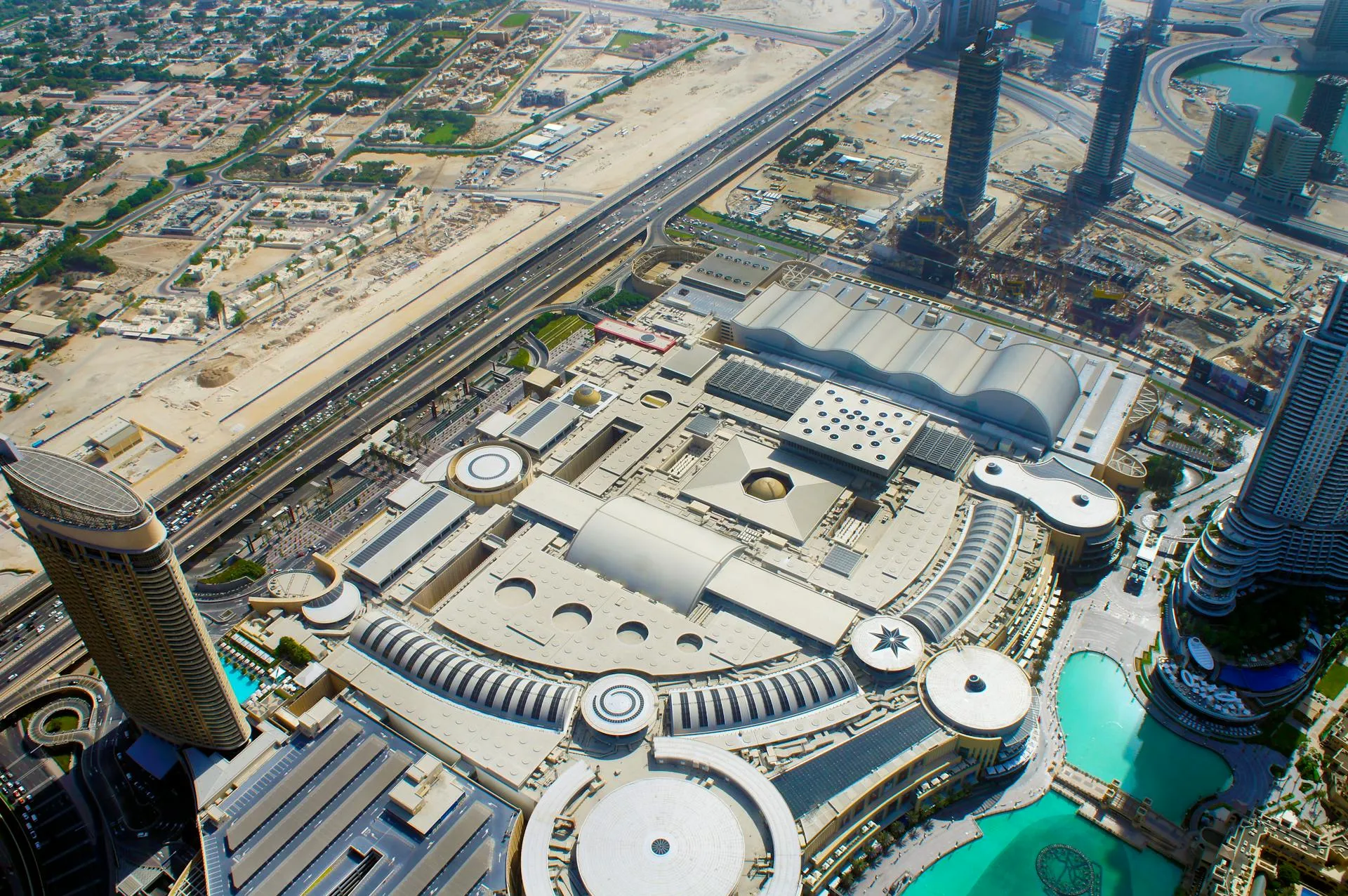The IA in Urban Planning is revolutionizing the way modern cities are designed and managed. As the world’s population grows, cities face significant challenges in terms of traffic management, resource allocation and efficient infrastructure design. Artificial intelligence (AI) offers innovative solutions that enable urban planners to optimize the design of cities and make them more sustainable, connected and livable.
What is AI in Urban Planning?
IA in Urban Planning involves the use of artificial intelligence algorithms to analyze large amounts of urban data and propose solutions that optimize the design and functionality of cities. This includes aspects such as the distribution of residential, commercial and industrial zones, energy efficiency, waste management and, one of the biggest challenges, traffic management.
The role of AI in this context is key to improving the quality of life of citizens by facilitating more accurate, data-driven decision making. Smart cities, those that integrate advanced technologies into their infrastructure, are increasingly adopting AI to plan and manage more efficiently.

Optimizing the Design of Cities with AI
AI in Urban Planning makes it possible to create more functional and sustainable cities from their initial design. With the help of algorithms that process historical, geographic and demographic data, planners can forecast urban growth and plan infrastructure tailored to the future needs of the population. This includes the strategic location of housing, commercial areas and parks, as well as the optimization of transportation networks and utilities.
A clear example is the ability of AI to simulate different urban growth scenarios. Through the creation of computational models, AI can project how a city will develop over the next few years, taking into account factors such as population growth, mobility and resource consumption. This allows planners to make more informed decisions and create cities that are more resilient and adaptable to change.
In addition, IA in Urban Planning facilitates the design of more sustainable infrastructure. Algorithms can optimize the use of natural resources, such as water and energy, and propose solutions to minimize the environmental impact of construction and urban growth.

Traffic Management with AI
One of the most critical aspects of IA in Urban Planning is traffic management. The growth of cities is often accompanied by an increase in vehicular congestion, which generates problems such as pollution, loss of time and stress for citizens. AI has become an essential tool to address this challenge.
AI-based traffic management systems analyze real-time data from various sources, such as traffic cameras, sensors, and GPS devices in vehicles. These algorithms can predict and detect traffic jams, adjust traffic lights dynamically, and recommend alternative routes to drivers, thereby reducing waiting times and congestion.
In cities such as Singapore, AI systems are already being used to optimize traffic flow. These systems adjust traffic lights in real time according to the flow of vehicles and pedestrians, which has proven to be highly effective in reducing traffic jams. In addition, AI can forecast transportation needs based on time of day, events in the city, and weather conditions, enabling proactive traffic management.
Another key application is the integration of autonomous vehicles into the urban ecosystem. AI not only optimizes current traffic planning, but is also laying the groundwork for a future in which driverless cars can be safely integrated into cities. This promises to further reduce congestion and improve transportation efficiency.

Additional Applications of AI in Urban Planning
The IA in Urban Planning is not only limited to traffic design and management; it also has applications in other key areas for the development of cities:
- Energy Efficiency: AI can monitor a city’s energy consumption and propose adjustments to reduce waste, optimizing electricity distribution and utilizing renewable sources.
- Waste management: AI algorithms can forecast waste production in different areas of a city and optimize garbage collection routes, thus reducing fuel consumption and pollutant gas emissions.
- Public safety: AI systems can analyze crime patterns and help authorities deploy security resources more efficiently, preventing crimes and responding more quickly to emergencies.
- Planning for climate change: AI can project how climate change will affect cities in the future, allowing planners to develop resilient infrastructure that can adapt to extreme conditions such as floods or droughts.


The Future of AI in Urban Planning
The future of IA in Urban Planning is extremely promising. As AI algorithms become more advanced and accurate, cities will be able to more efficiently manage their infrastructure and quickly adapt to changes. In addition, with the development of smart cities and the Internet of Things (IoT), more and more real-time data will be integrated, enabling even more effective urban management.
It is likely that in the coming years we will see an increase in the use of AI to manage all aspects of urban life, from mobility to the use of public space and environmental sustainability. AI will enable safer, more efficient and more pleasant cities to live in, significantly improving the quality of life of the inhabitants.

Helping to Design the Future we will Live in
AI in Urban Planning is a powerful tool that is transforming the way modern cities are designed and managed. By optimizing infrastructure design, improving traffic management, and making cities more sustainable, artificial intelligence is creating more efficient and livable cities. As technology continues to advance, AI will play an increasingly important role in the future of cities, addressing the challenges of urban growth and improving the quality of life for millions of citizens around the world.

